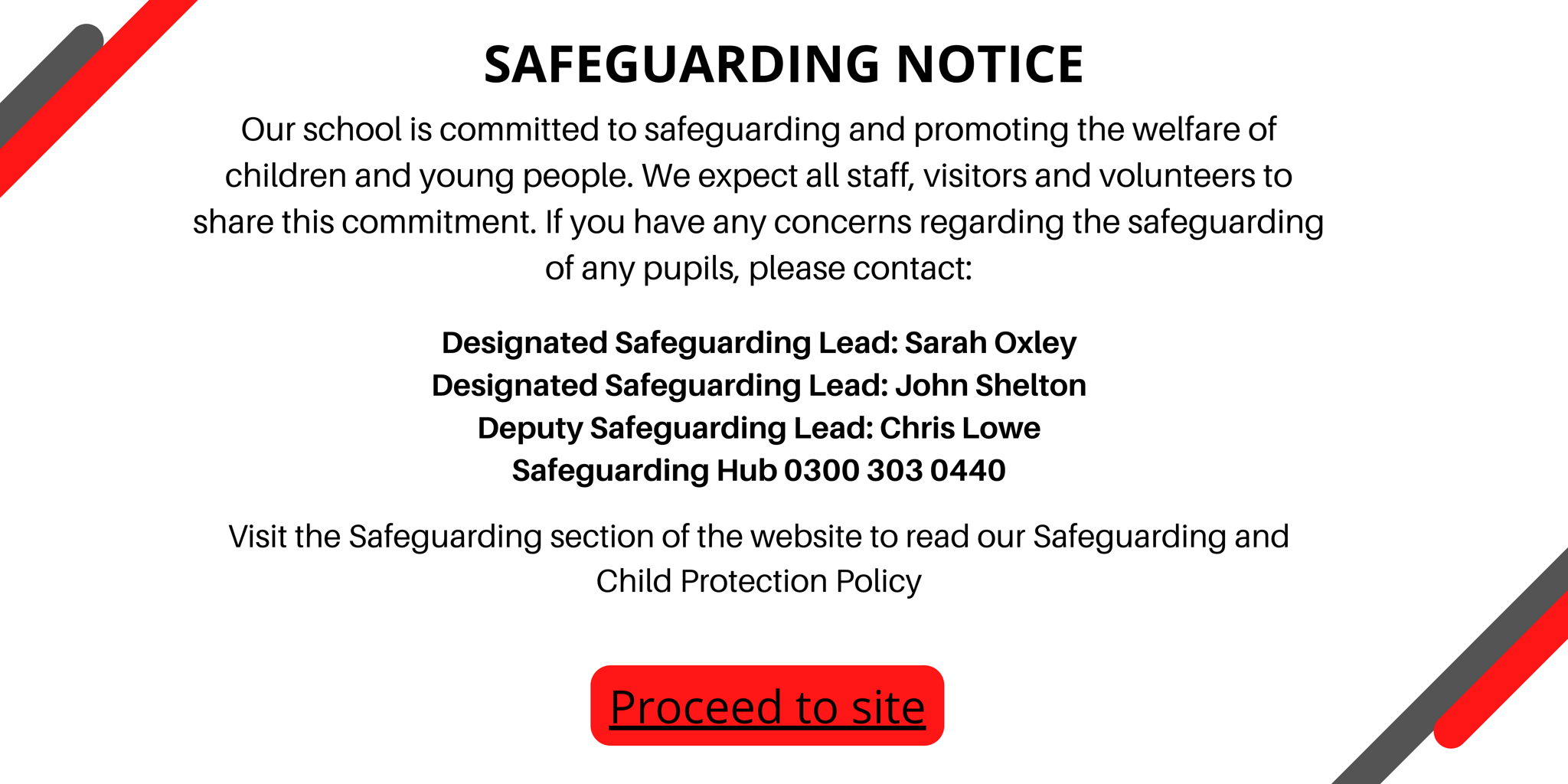Curriculum Statement: History
‘Excellence, Truth and Grace’
History Intent
History is widely enjoyed by pupils across all years, challenging them in their thinking, the way in which they act and the way in which they perceive and relate to others. At Middleton Parish, we firmly believe that history helps children to develop an awareness of themselves and their peers within the context of local, national and international events, whilst embodying our school motto of ‘Excellence, Truth and Grace’. The purpose of our history curriculum is to develop confident and knowledgeable pupils who are able to draw on their experiences, and those of people in the past, to build a well-informed understanding of the world. In celebrating our diverse heritage, history can help to promote both diversity and inclusivity. We also acknowledge and welcome the transient nature of our community and therefore ensure that historical skills are taught in a cycle, ensuring that gaps are closed at the earliest opportunity. Children will develop skills and knowledge to become effective learners and 21st century citizens.
Middleton is a town with a rich and diverse history. As a learning community, we celebrate Middleton’s contribution to the local, national and international historical stories through our history curriculum. Middleton Parish Church School is passionate about our children embracing the historical and local links within our community. We are committed to developing our children’s cultural capital by starting with the history of themselves, the community and the local area before studying the past in Britain and the wider world. Our history curriculum offers a coherently planned sequence of lessons to help teachers ensure they have progressively covered the skills and concepts required in the National Curriculum. Our curriculum aims to develop historical skills and concepts which are transferable to whatever period of history is being studied and will equip children for future learning. These key historical skills and concepts, which are revisited throughout different units, are: Chronological Understanding; Historical Significance; Continuity and Change and Historical Similarities and Differences.
History Implementation
At Middleton Parish Church School, the primary history curriculum is designed to deliver high-quality, enquiry-based lessons, fostering a deep understanding of the past. In order for children to know more and remember more in each area of history studied, prior learning is always considered and opportunities for revision of facts and historical understanding are built into lessons. Through revisiting, ’flashbacks’ and consolidating skills, our lessons help children build on prior knowledge alongside introducing new vocabulary, skills and challenge. Key time periods are indicated on timelines within all classrooms and will be referred to during teaching providing context to learning and helping to consolidate chronological understanding. Planning for progression in pupils’ development of a range of history skills from EYFS to Year 6, including the ability to ask and answer history related questions and present their findings in different ways. Our aspirational curriculum encourages children to be inquisitive; generate their own questions; interrogate evidence and will have a thirst to find out more. Students are exposed to an expanding array of historical resources and cultural experiences, enriching their understanding of diverse perspectives. We teach History to all children, whatever their ability, to ensure a broad and balanced education is offered to all at Middleton Parish Church school. Teachers provide learning opportunities matched to the needs of the children with learning difficulties, and our work in history takes into account the targets set for individual children in their learning plans. Through these lessons, we intend to inspire pupils and practitioners to develop a love of history, see how it has shaped the world they live and prepare pupils for further study and beyond, supporting a seamless transition to secondary level learning.
History Impact
All learning builds towards clearly defined end points and continually builds upon prior learning. The quality of work in children’s books demonstrates appropriate pitch and challenge with clear evidence of progression from year group to year group. They will be confident in forming and sharing opinions based on evidence and will use reflection and feedback to evaluate and improve their work. By the end of each year, children should be able to apply the knowledge, skills and vocabulary learned to build on their abilities as a historian. Ultimately, at Middleton Parish Church School, we want children to know more, remember more and understand more. Through assessment, reporting monitoring and reviewing our History curriculum a clear picture is created to help us measure the impact of our curriculum. Summative assessment is consistently used throughout topics to evaluate if children have met the end points for each unit. KWL grids are used for each topic to highlight what children know (K) about a particular topic, what they want to know (W) and at the end of the topic, what they have learnt (L). This gives us a clear, effective assessment tool which highlights the learning process, helping children recall knowledge and track their learning progress. Pupil voice will provide evidence that pupils are able to talk with confidence and enthusiasm about what they have learnt in history using subject specific vocabulary. Pupil voice will also demonstrate that many pupils enjoy history and are able to recall their learning over time – they will be encouraged to make connections with prior learning of events and individuals from the past. Our consistent approach to assessment ensures that we are clear on what the outcomes are for all children, including disadvantaged children and children with SEND, again ensuring adaptive teaching is utilised outcomes are suited to individual needs.
